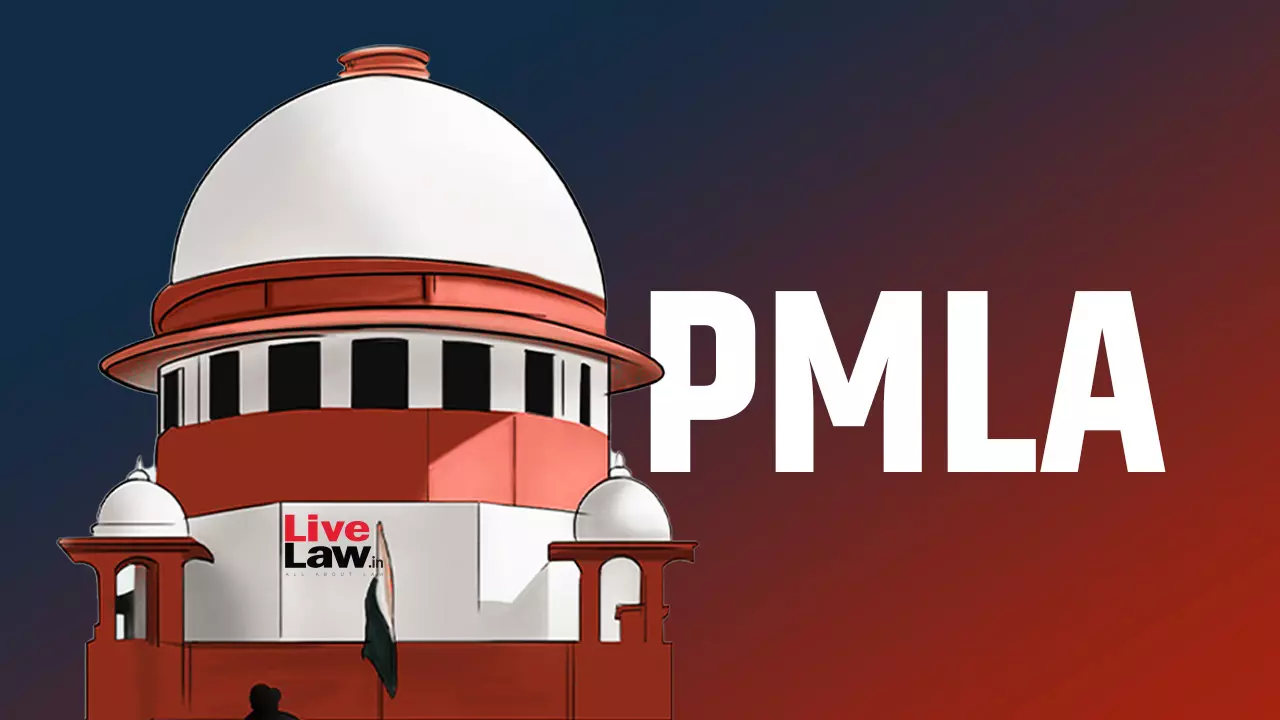 |
|
The Supreme Court of India, in a significant ruling on August 28, 2024, reiterated its position on bail applications in money laundering cases under the Prevention of Money Laundering Act (PMLA), emphasizing the need for the Enforcement Directorate (ED) to establish foundational facts before opposing bail. The court, in the case of Prem Prakash v. Union of India, held that the ED's counter affidavit should clearly demonstrate the existence of these three foundational facts: a) commission of a scheduled offense, b) property derived from that offense, and c) the accused's involvement in the process. This ruling draws on the landmark case of Vijay Madanlal Choudhary, where the court established these foundational principles to determine the presumption of proceeds of crime being involved in money laundering.
The court, led by Justices BR Gavai and KV Viswanathan, highlighted the importance of the counter affidavit in PMLA bail applications, stating that it should 'make out a cogent case' regarding the three foundational facts. Only after establishing these facts can the presumption under Section 24 of the PMLA arise, shifting the burden of proof onto the accused. The judgment further emphasized that the accused's statements given under PMLA custody, incriminating themselves in another PMLA case, are inadmissible in court. The court's decision to grant bail to Prem Prakash was based on the principle that bail is the rule and jail is the exception, in accordance with Article 21 of the Indian Constitution which guarantees the right to life and personal liberty. This principle, as the court stated, is not overturned by the twin conditions outlined in Section 45 of the PMLA.
The judgment also drew upon recent rulings like those involving Manish Sisodia, Ramkripal Meena, and Javed Gulam Nabi, where extended imprisonment and delays in trials were cited as reasons for relaxing the stringent conditions of Section 45 of the PMLA. The court stressed that Article 21 holds a higher constitutional right, and thus statutory provisions like Section 45 of the PMLA should align with this fundamental right. The judgment clarified that the words “reasonable grounds for believing” in Section 45 require the court to only assess if there is a genuine case against the accused, not to prove the charge beyond reasonable doubt. The court's decision in Prem Prakash's case is expected to significantly impact future bail applications in PMLA cases, emphasizing the need for a robust legal framework that balances the rights of the accused with the need for effective investigation and prosecution in money laundering cases.
